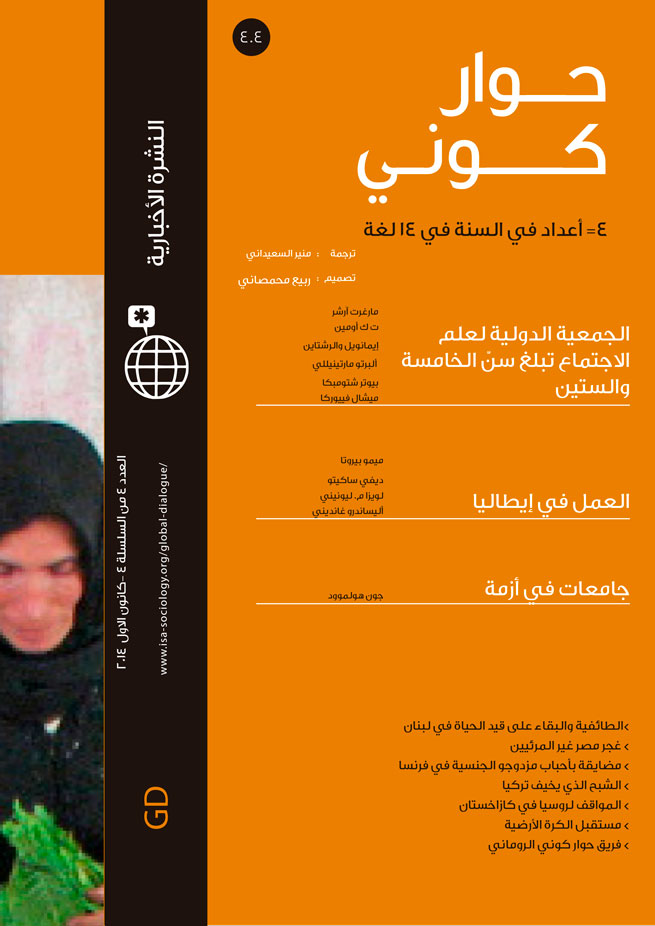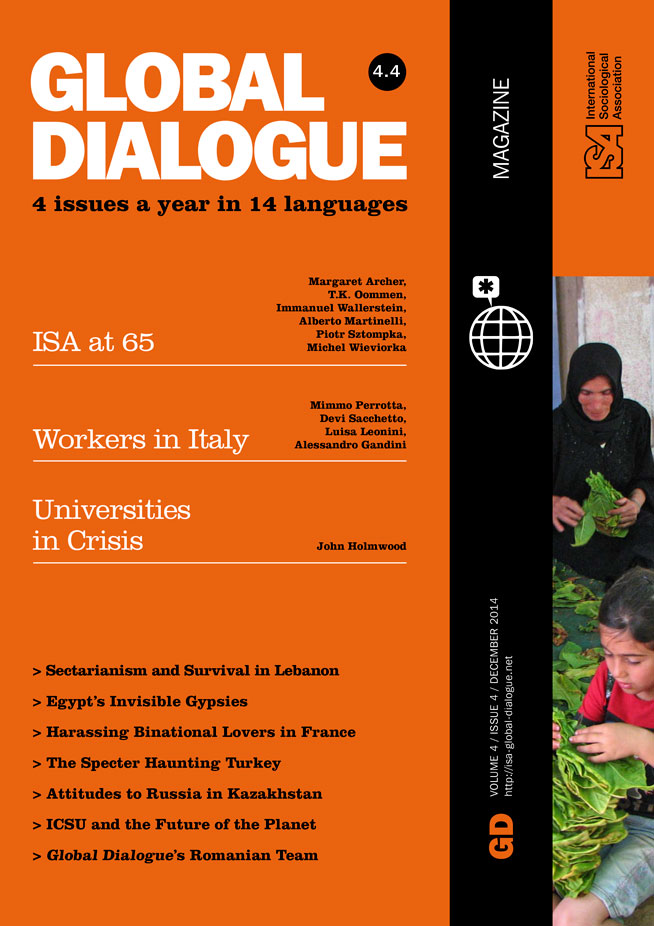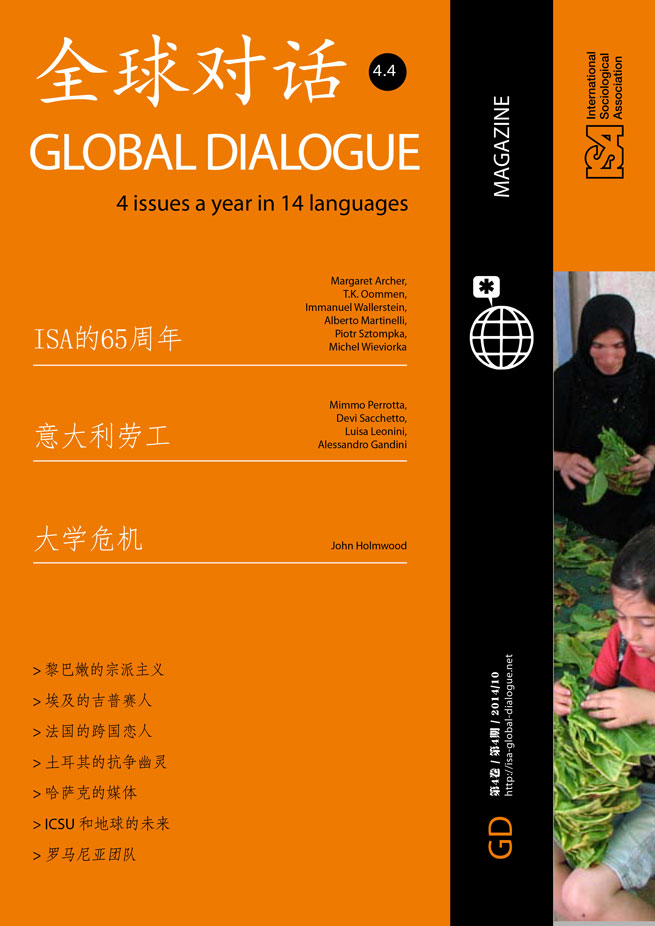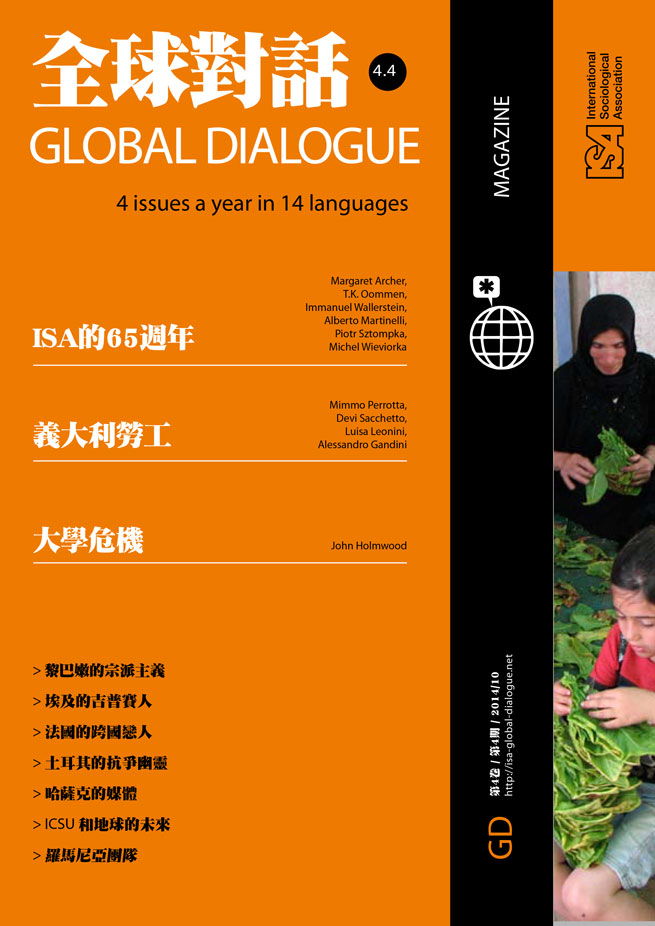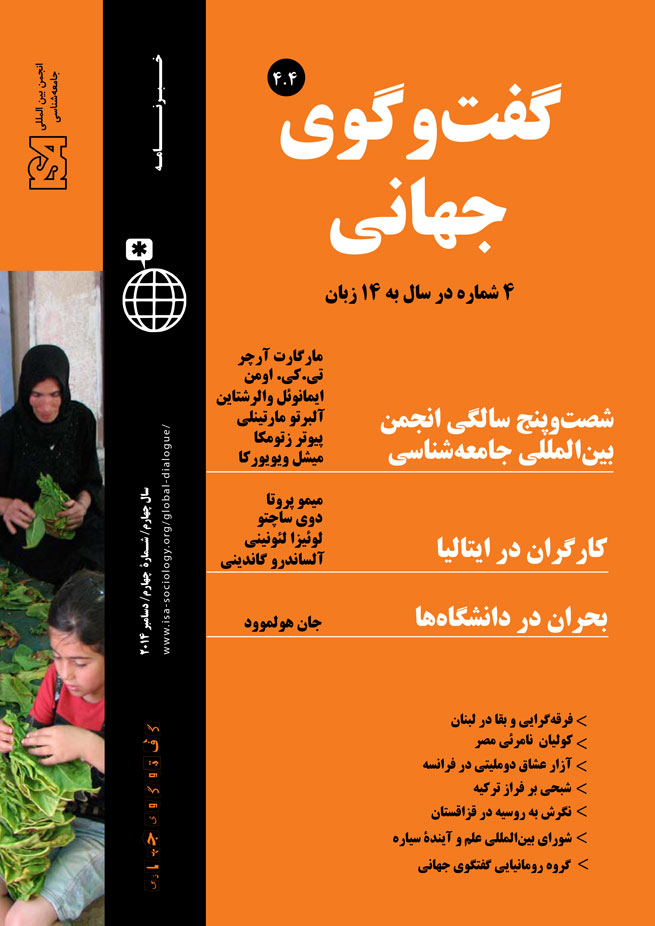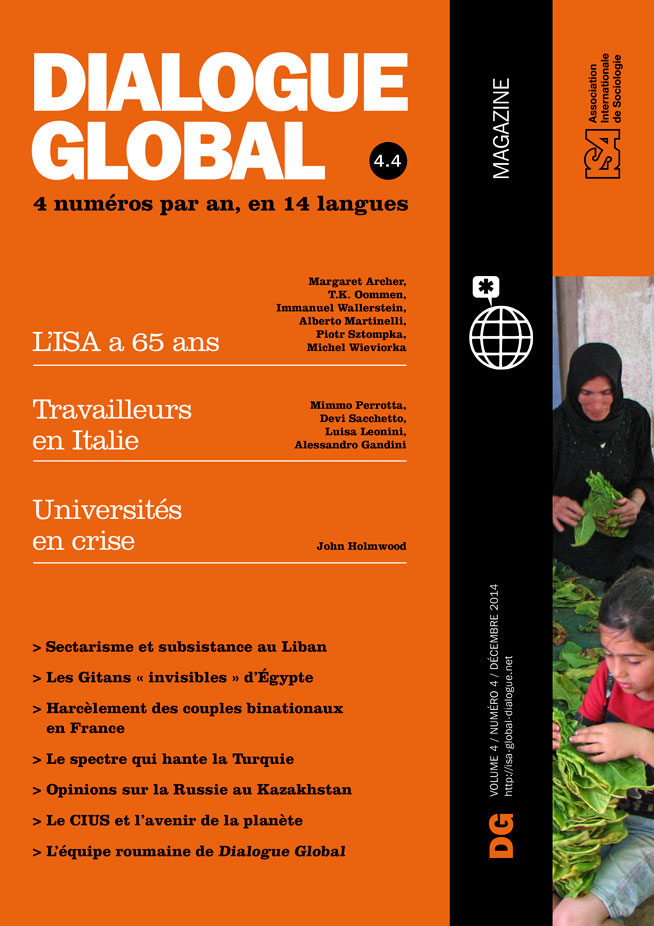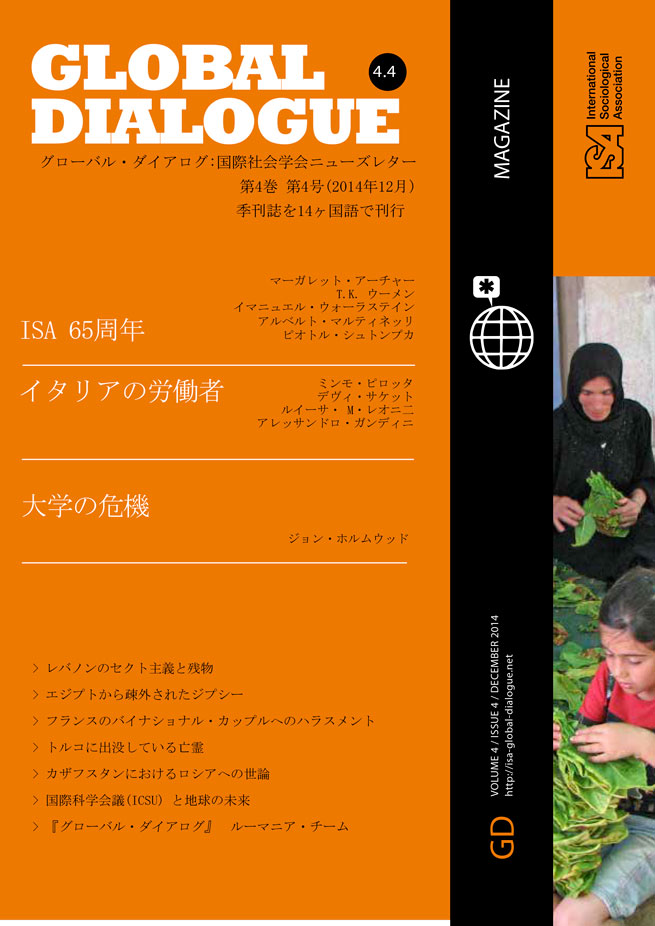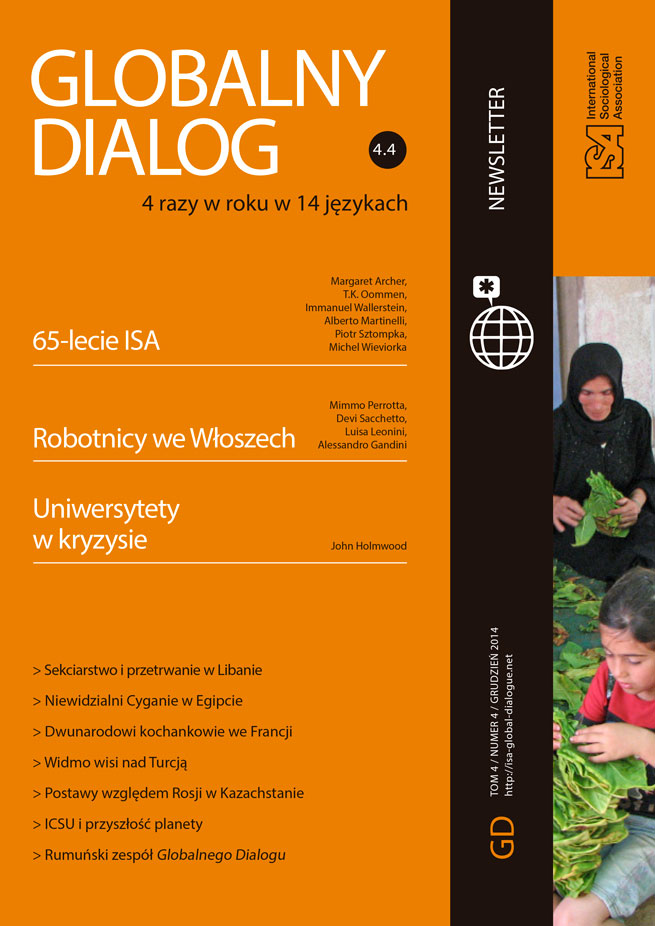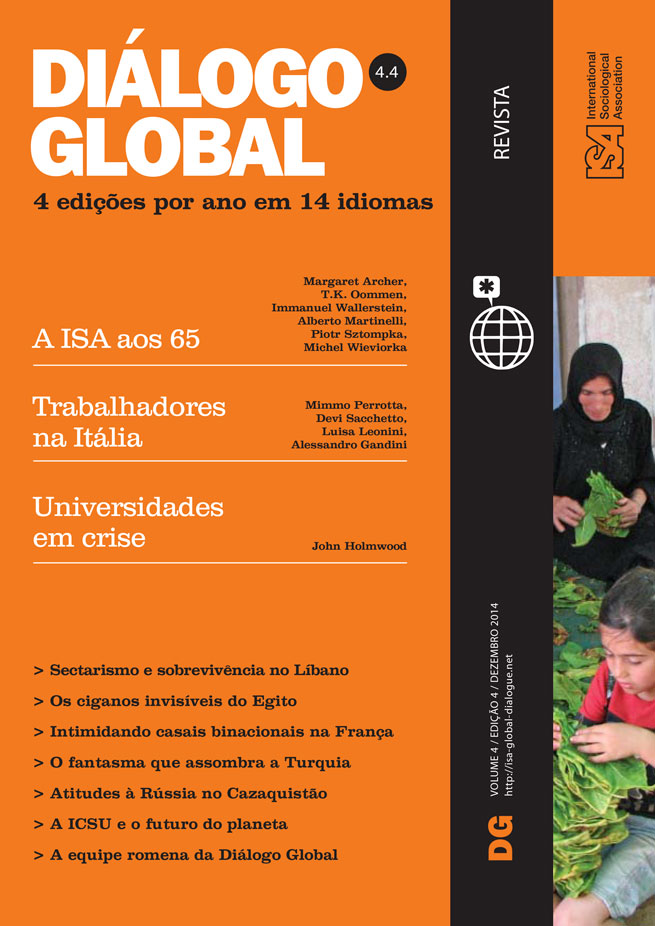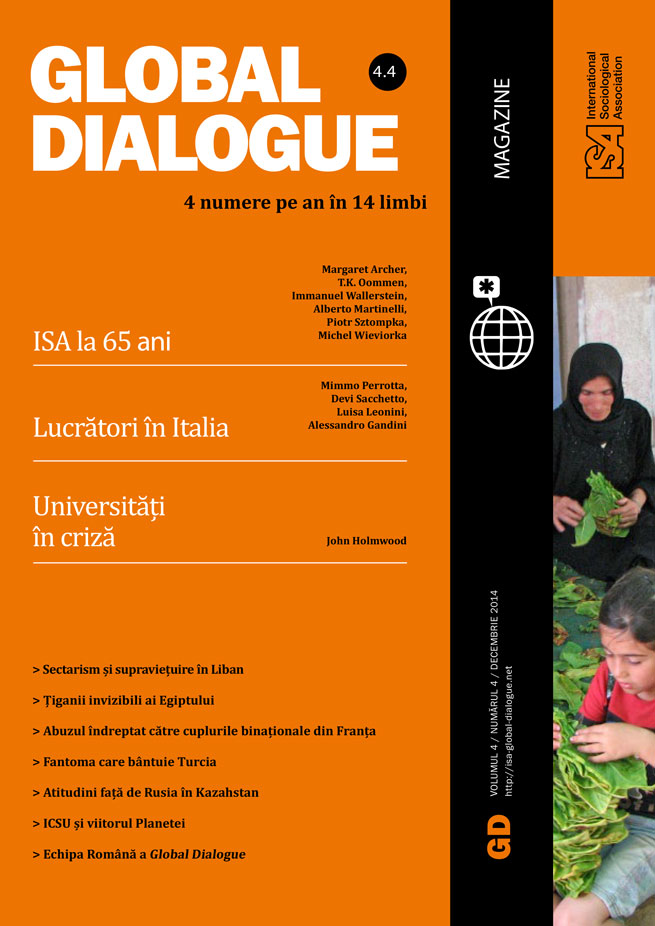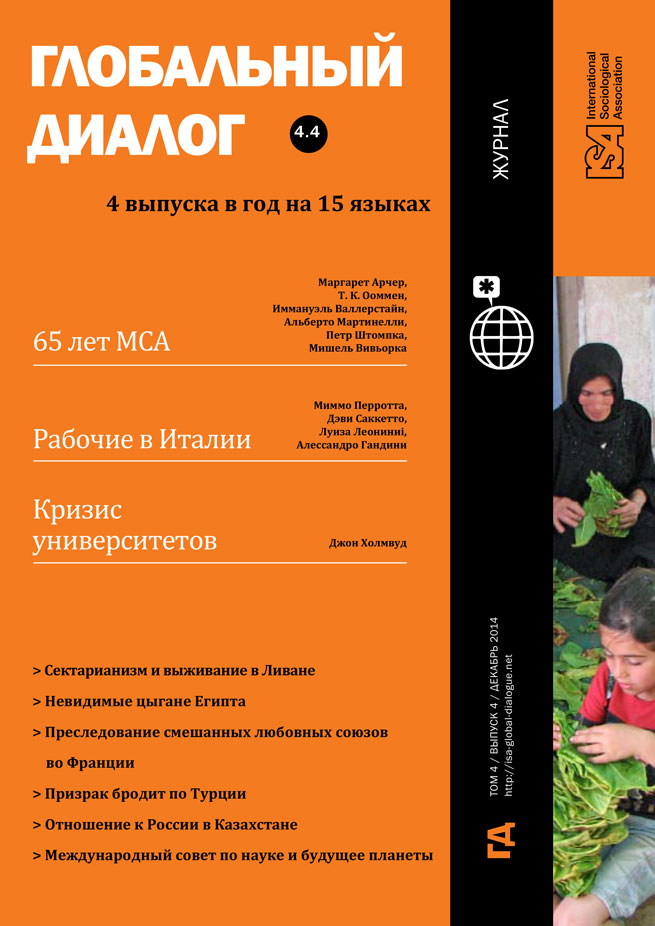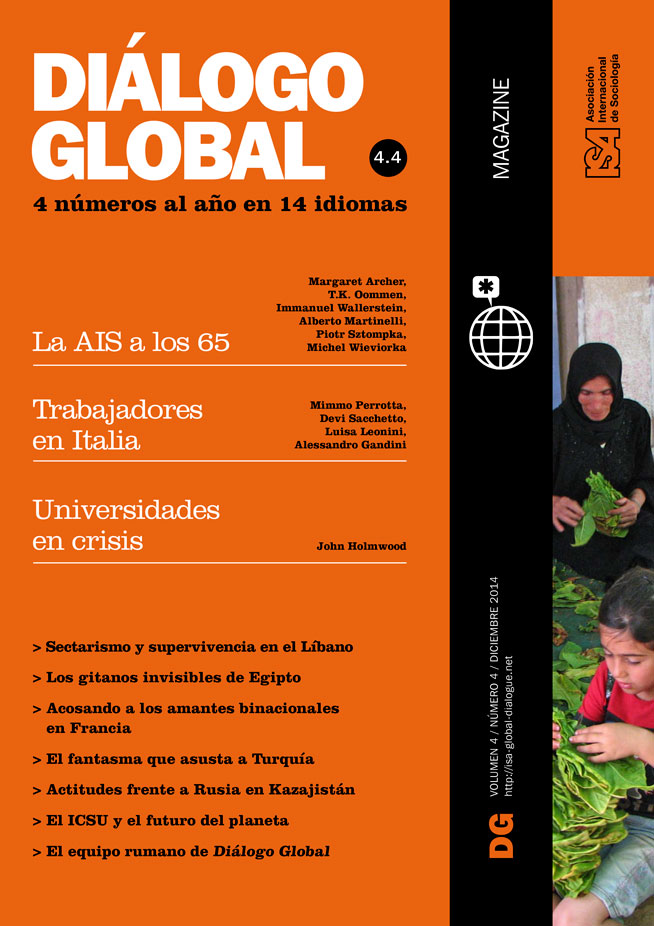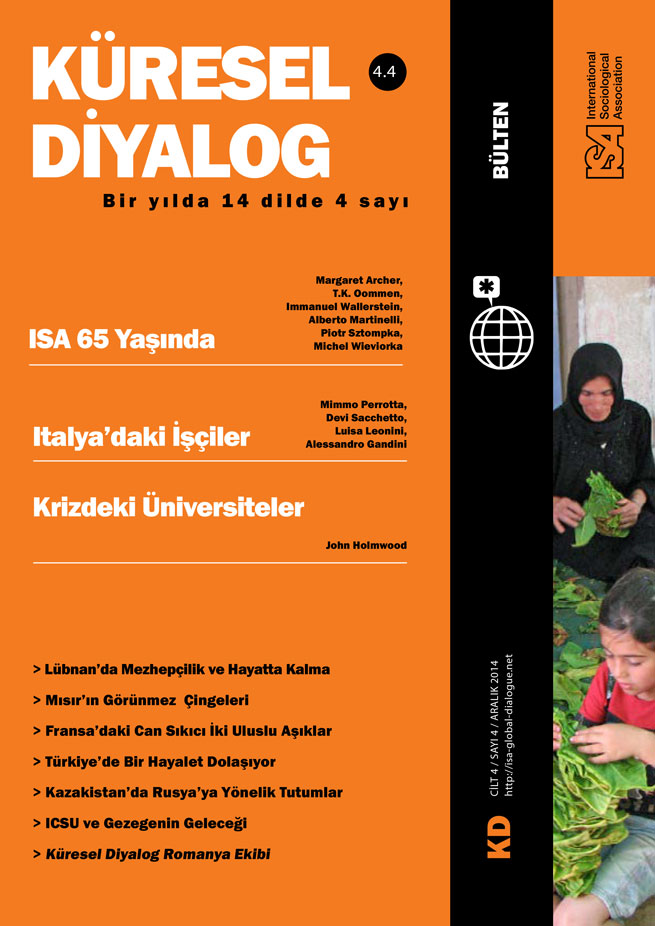Turning the Audit Screw: The Degradation of Higher Education
December 12, 2014
Many commentators have suggested the “new public management” of public services through “audit” may have run its course, and even that this approach has been replaced by an interest in “public value” (that is, a concern with maximizing the value of a service to the public). In the UK, this all seems rather hollow, as far as universities are concerned. Recent reforms have denied the public value of universities, addressing them solely from the perspective of their contribution to economic growth and investment in human capital to secure it, with students seen as “consumers.” In this context, the use of “audit” to shape universities, opening them up to market processes and reinforcing management control remains paramount.
In the UK, academics currently await the outcomes of the 2014 audit of research (the “REF”), due in December. The REF operates on a six-year cycle and determines part of a department’s income (the other sources being student fees and applications for external grants). The distribution of this income depends on scores assigned to publications evaluated by an academic peer review panel. The scores are anonymized and aggregated, and the submitting unit is scored for its research environment and for any external, non-academic impact of its research contribution.
The REF is very time-consuming for departments and it entails considerable costs for institutions managing the process. The process has also been criticized for the way in which it encourages “safe” research likely to be judged positively by panels, prompts game-playing by institutions, and reduces collegial relations by pushing universities to centralize the management of research.
Up to now, there has been no direct linkage between macro-management of overall university research strategies and goals, and the micro-management of individual academics because the judgments of the panels are subject to the Official Secrets Act, and so remain anonymous. This is about to change, however. The body responsible for REF, The Higher Education Funding Council for England (HEFCE), is now conducting a consultation over the “metricisation” of the REF.
This proposal was considered and rejected before the 2001 exercise, but it has now returned – not because the methodological difficulties in the use of bibliometric data (including subject differences in citation practices) have been overcome, but because the vast increase in available data has now made it worth trying.
The “metricisation” of the REF is a “Big Data” project, with every academic contributing data points by publishing and citing publications that are available for online searches. Moreover, the current system is so costly that private companies – for example, Thomson Reuters – may offer to provide metric data at a lower price. Professional judgment by a panel of peers would then be replaced by “crowd-sourced” judgments – the neoliberal version of academic freedom subject to a quasi-market. True, UK academics have been complicit in the REF as a “co-production,” but the metricisation of the REF would allow it to be the sole production of management together with a contracted “big data” company.
David Eastwood (a member of the Browne Review which recommended replacing public funding of higher education with fees and a leading advocate of the neoliberal project of a global market in higher education) has suggested that metricisation could be used further, as a means of internationalization. While the internationalization of the REF via peer review would be cumbersome, costly, and likely to provoke a hostile response from academics outside the UK, Eastwood suggests Britain could profit from the REF’s high international reputation – something much more likely to be accepted by university managements and ministers of education, than by academics. Funding bodies and policy makers outside the UK will be asked to collaborate in this project and, of course, will likely also to be subject to lobbying by private companies.
All of this has taken place without public discussion, either among academics or among wider publics with an interest in the future of democratic education. Academic freedom may not be the same as democratic freedom, but the latter is served by it.
The REF already subjects academic research to bureaucratic shaping by managements seeking to maximize funding, but its metricisation allows it to become a tool of micro-management. The very fact that a metrics-based REF operates on public data means that individual academics could be “tracked” in the same data (something not possible within the current version). Any company offering to provide a service in relation to the aggregation of data for purposes of ranking departments (nationally and internationally) could also offer the same service for individual departments in hiring decisions. Indeed, bibliometrics was initially developed in the early 1970s for precisely this purpose and “Big data” now provides a “marketable moment” (neoliberalism’s version of a “teachable moment”).
An illustration of this micro-management is evident in the recent moves of an English university – let us call it Russellton, to indicate its membership of the Russell Group of self-proclaimed “elite” universities. It first introduced an hours-based workload model to record time spent on different academic tasks and make it available for scrutiny by central management, on which I have written elsewhere. Now it has introduced a metrics-based research strategy, with three aspects: “goals,” “targets,” and “mechanisms.” Here is an extract from this weighty document (especially weighty considering the paucity of its vision):
- Goal 2: To increase the number and proportion of high-quality outputs published by University of Russellton researchers:
- Target 2.1: To achieve and maintain a REF GPA above the current Russell Group average of 2.71 (new benchmarks to be set following REF2014); • Target 2.2: To increase the quality of the University’s research portfolio, as measured by three-year field weighted citation impact, by 20 per cent by 2020 (1.68 in 2013);
- Target 2.3: To double the proportion of publications in a three-year period in the top 10% of most cited outputs (21% in 2013);
- Target 2.4: To increase the proportion of international co-authored publications in a three-year period to over 55% (40% in 2013);
- Target 2.5: To increase the number of institutional citations in a three-year period by 30% with contributions from all academic disciplines (62,413 in 2013) […]
- Mechanism 2.5: To embed the use of open access, citations, h-indices and bibliometrics in the overall approach for the promotion of excellent individuals and for the assessment of the productivity and quality of research teams, where collaborative and co-authored work of the team can be benchmarked.”
Thus, the turning of the audit screw is reducing the substance of academic life to “measureable moments” with academic freedom subordinated to market-based judgments of worth. It is this that HEFCE wants to bring to a university near you through its internationalization of audit.
John Holmwood, University of Nottingham, UK, and member of ISA Executive Committee, 2014-2018 <jholmwood@ias.edu>

